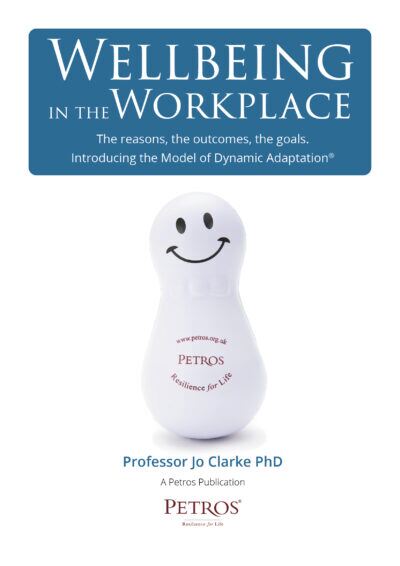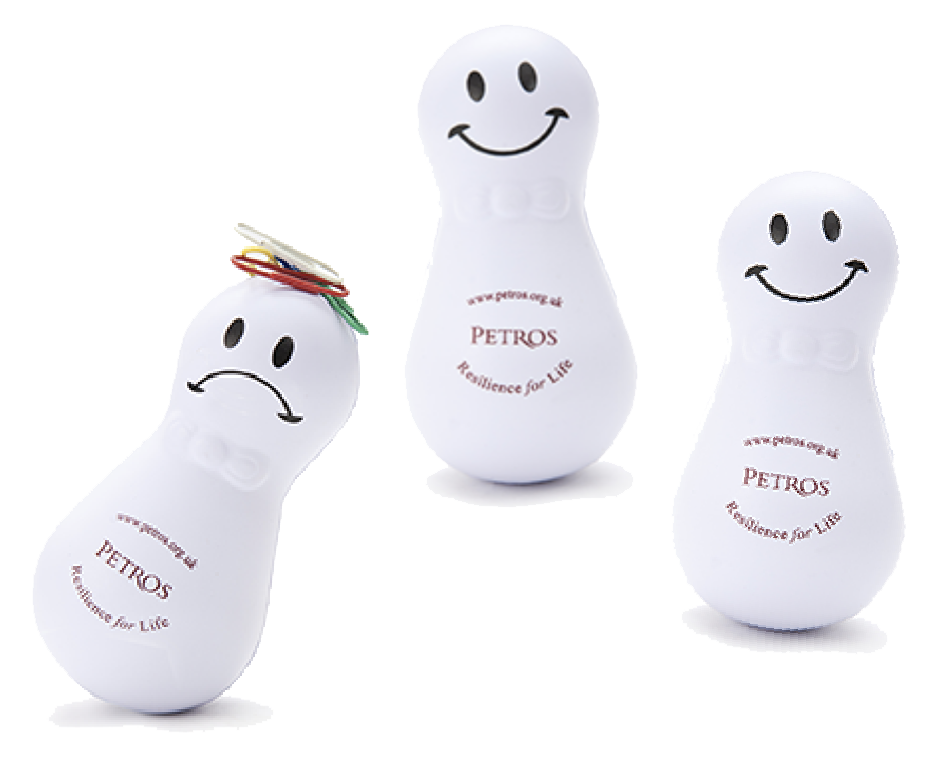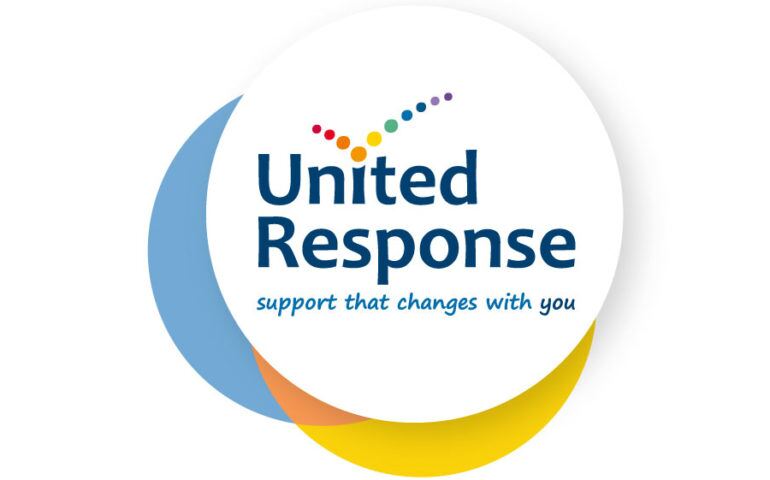The specific and unique nature of your business
What is important is that organisations think hard about the specific and unique nature of their business and create an approach to mental health that addresses the needs of the majority of their staff most of the time, and aspirationally, all of the staff, all of the time!
Critical occupations place a greater demand on the psychological wellbeing of staff than others, usually because of the content of the work. The emergency services are obvious examples, where staff deal with and witness trauma on an almost daily basis. Teaching, social work, criminal justice, health, and any other caring profession is also likely to put staff at a higher risk of exposure to potential psychological harm than many other occupations.
Then there are occupations that perhaps put more cognitive, rather than emotional, demands on staff. Roles that require hyper-vigilance, such as air traffic control, nuclear power, electrical work, driving and so on, make a large demand on people’s attention and therefore different interventions may be required.
There is unlikely to be a “one size fits all” approach to supporting the mind health of everyone in work. It will take time and attention to consider what will work best for your business.
The nature of your business and its impact on the wellbeing of your staff
Our free eBook, Wellbeing in the Workplace, explains how your organisation can ensure your people aren’t just surviving but thriving. It also explains The Model of Dynamic Adaption® which suggests WHERE and, importantly, HOW to intervene, thus promoting the best possible mind health for your staff.
Download our free eBook today and start to address the very real business case of mind health at work.
Learn more about Petros Founder and Managing Director, Professor Jo Clarke PhD and her highly experienced team.








